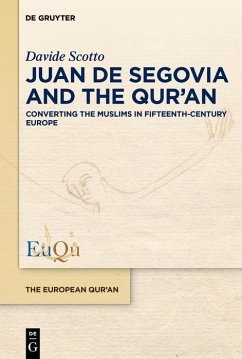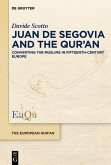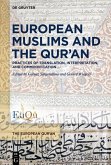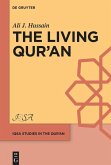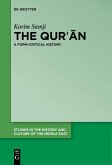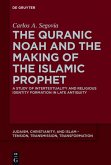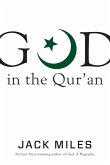In spring 1456, with the help of the
faqih Yça Gidelli, Juan de Segovia accomplished a trilingual Qur'an (Castilian, Arabic and Latin) he regarded as fundamental to the conversion of the Muslims after the Ottoman conquest of Byzantium. This book delves into Segovia's program, from his university lectures at Salamanca to the disputes held with Muslims in Castile, from the doctrinal debates at the Council of Basel to his exile in the Duchy of Savoy and the destiny of his books. Segovia deemed the await of miracles, preaching in Islamic lands, and the Crusade promoted by the papacy, to be useless. On the contrary, he considered knowledge of the Qur'an as unavoidable for Christian scholars engaged in the study of Islam, but also for Muslims, who were supposed to understand Christian doctrine through their own 'law'. It will be shown how Segovia's proposal is far from echoing modern concerns for religious tolerance, pacifism, and Arabic studies, let alone twentieth-century interreligious dialogue. Drawing on Biblical exegesis, Segovia called his program
via pacis et doctrine and discussed it with influential churchmen such as Nicholas of Cusa and Enea Silvio Piccolomini. He believed mutual exchange of doctrinal ideas to be the only solution to stem wars and persuade Muslims to convert voluntarily to the Christian faith.
Dieser Download kann aus rechtlichen Gründen nur mit Rechnungsadresse in A, B, BG, CY, CZ, D, DK, EW, E, FIN, F, GR, HR, H, IRL, I, LT, L, LR, M, NL, PL, P, R, S, SLO, SK ausgeliefert werden.

